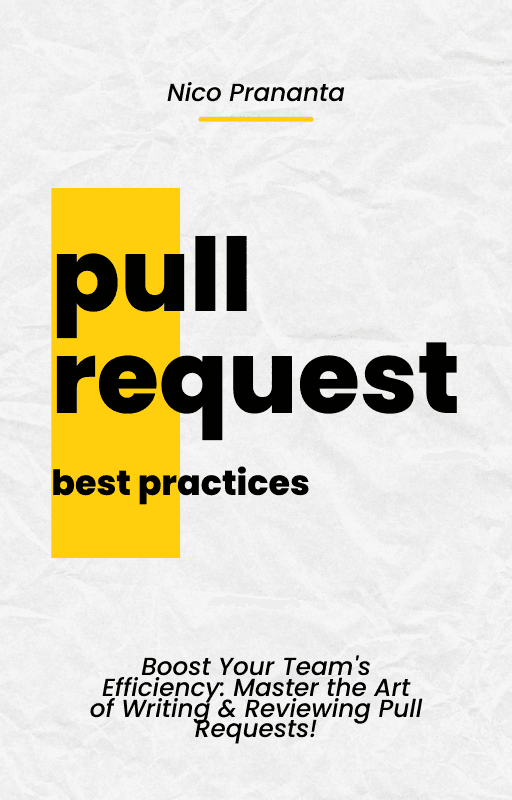- Published on
How to stop rejections from bringing you down
With the power of Reframing
- Authors
- Name
- Nico Prananta
- Follow me on Bluesky
Facing rejection while pursuing our goals—like landing that job or winning that pitch—often triggers tough emotional responses. We may feel devastated, begin to doubt our abilities, or even question our worth. These feelings can severely impact our motivation and self-esteem.
But what if we could change our approach? By reframing our objective from merely achieving success to learning from each experience, we can transform the way we handle rejection.
Setting a New Goal
Before you step into an interview or pitch your project, try reframing your primary aim. Instead of focusing solely on securing the job, prioritize discovering what you can improve upon. This perspective turns every outcome, whether a rejection or an acceptance, into a valuable learning opportunity.
Learning Not Earning
View a job interview, for instance, not as a barrier to overcome, but as a learning session. What questions did they ask that stumped you? How could your responses be sharpened? This reframing reduces the sting of not getting the job and shifts the focus towards personal skill enhancement.
Feedback Is Your Guide
Embrace feedback as crucial guidance, not just criticism. If you're not selected, find out why. This isn't just about identifying faults—it's about mapping out your areas for growth and how to address them in future endeavors.
Celebrate Learning as Success
Success isn't just about winning or losing. By reframing success to include personal growth and a better understanding of your field, every step forward, regardless of the outcome, becomes valuable. This approach can significantly ease the feelings of failure and inadequacy that come with rejection.
The Takeaway
Next time you set out to achieve a goal, consider this reframing strategy: aim to learn, not just to succeed. This shift in mindset can reduce the impact of rejection and turn every opportunity into a chance for improvement.
Remember, every challenge, even those that don't end in success, is a chance to refine your skills and grow. Over time, this focus on learning builds resilience, boosts confidence, and makes you more capable.
Are you working in a team environment and your pull request process slows your team down? Then you have to grab a copy of my book, Pull Request Best Practices!
Image
